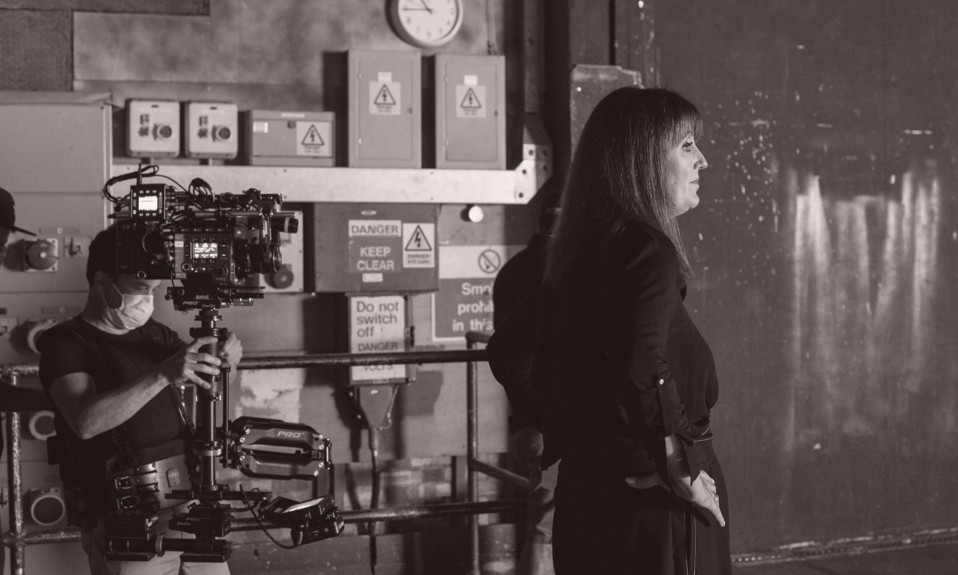Whatever your feelings on Brexit it is bound to have a big impact on many aspects of the UK, but what will the impact be on British film? I’ll be upfront from the beginning and say I voted Remain in the referendum and think leaving the EU will have a negative impact on the country. Will we cease to get any funding from the EU and will that hamper creators? Will a Britain freer to trade with foreign countries provide more opportunity? Is this a golden opportunity or a terrible disaster for British film? The unfortunate answer is it’s complicated. There are numerous different scenarios depending on what deal, if any, the UK government reaches.
The Current State of Affairs
For the time being Britain remains a member of the European Union, the European Economic Area and various other treaties and organisations. These agreements have reciprocal benefits and obligations and while the UK pays a substantial sum of money to be in the EU proponents would argue the benefits to the economy and country make it worthwhile. Some of this money goes into a central pot from which citizens or organisations from that area can make applications, for example, the film Paddington received over £300,000 in funding from the EU.
One of the founding principles of the EU is the free movement of people, goods, money and services across participating countries, this basically means it is as easy as possible for people to work, goods to be bought and sold, access and provide services and invest money. Whilst in the EU a UK citizen could easily work in Spain, Italy or any EU country and their citizens do the same. This is based on the belief that these freedoms will lead to increased trade, a stronger economy, more opportunities and more for those involved and will benefit the member countries and EU as a whole.
After Brexit
To be blunt, we don’t know what the situation will be. We could leave the EU but continue to be in the EEA. We could still be involved in funding cultural programmes. We could still give access to EU citizens to work in the UK and vice versa – although admittedly ending free movement of people seemed to be one of the cornerstones of Brexit. There was no clear definition of what Brexit meant and this has been one of the central difficulties of negotiating with the EU.
Brexit As An Opportunity
The British Film Institute conducted an extensive report on the effect Brexit would have on UK film-making, raising many potential problems but it did highlight three areas of opportunity after Brexit:
- Depreciation of currency – since the referendum the value of the UK currency has dropped and, in a nutshell, has made it cheaper for places like America to do business in and with the UK. However, there are negative consequences of having a lower value currency that a government may want to avoid.
- Opening new markets outside the EU – one of the features of the EU was many trade agreements were made with the EU as a whole rather than by individual countries and there were a lot of criteria that had to be met. After Brexit, the UK would be free to negotiate any free trade agreement they wanted with non-EU countries. This could create new markets or mean expanding existing ones.
- Outside of the EU, the government could offer more tax incentives for film production in the UK.
The report also states that as the UK would not automatically be subject to new EU rules that might make the EU a less attractive place to do business with.
Working
It is hard to imagine a Brexit where it will not be harder for EU citizens to work in UK. Some have suggested that EU citizens will have to meet certain criteria around skills and be sponsored by their employer. A big drop in non-UK citizens being allowed to work could be a significant blow to British film-making, an article in Forbes stated that “In terms of post-production, visual effects and animations sectors, up to 40% of personnel are non-U.K. citizens”. Whilst some of those jobs will be taken by qualified UK citizens I doubt there are enough to make up that shortfall, the Forbes article goes onto say, the UK simply does not have enough people who possess these skills. And that is just looking at one area of filmmaking.
Funding
Films need money and the EU has put a lot of money into the film industry across Europe, for example, there is the Creative Europe programme which, essentially, could give you funding to make a film or help fund a cinema. Now regardless of what deal is reached, or no deal, the UK government has signalled it wants to remain part of some of these programmes. There is also the possibility that any EU funding that is lost could be matched by the British government, which is what has been promised in the case of Creative Europe in the event of no deal.
Co-Productions
Co-productions are when companies from more than one country work together to make a film. Sometimes this could be because the film takes place and is filmed, in two countries or it could be that there is a cultural message of the film the brings together relevant countries. The main reason, especially in recent years, is financial, as it allows more money to be raised from more people. Sometimes minority co-producers may have some creative control and sometimes they don’t. In recent years co-productions have become a smaller part of the UK film industry with the major exception being Ken Loach. Since 1990 Loach has released nineteen films of which fourteen had European co-productions, it is not a stretch to say co-production has been essential to his film-making.
Loach’s relationship with co-productions goes back decades, and creative control of his co-producers have waxed and waned. Sometimes a cultural input from a co-producer is extremely useful, Loach’s film Land and Freedom which was about the Spanish Civil must have benefited enormously from co-producer Tornasol, a Spanish company. Recently Loach has had to sacrifice very little, if any, creative control to co-producers, having many small backers dilutes their potential power.
Looking at the numbers Loach’s more international feel seems to be good for him, 87% of ticket admissions for Loach’s films come from outside the UK, a significant increase on 55% for most British films. What seems the most important factor in Loach’s success with co-production is that this method allows him to raise significant sums of money whilst sacrificing little, if any, creative control.
It is likely after Brexit the UK would not be part of the European Convention on Cinematographic Co-Production (ECCC) which was specifically designed to encourage European co-productions. To be part of this scheme would be to allow people working on the film to, well, be allowed to work on the film. The ECCC allows co-producers to claim the lucrative tax relief given to British film-makers and so make them keener to invest.
Barriers
There is one definite thing that will be true after Brexit, making films in Europe will be a lot harder and a lot of barriers will go up. Filming in Spain, Poland, France – any EU country will get a lot more complicated. Something as basic as moving filming equipment through countries could become far more difficult.
The Future…
Essentially there is very little we will know for certain, possibly there will be good and bad aspects to it. I think the best thing for British film-makers, and everyone really is to get a clear picture of what will happen and make decisions on solid information.
Also Read: Silence Is Golden: Great Scenes With No Dialogue













